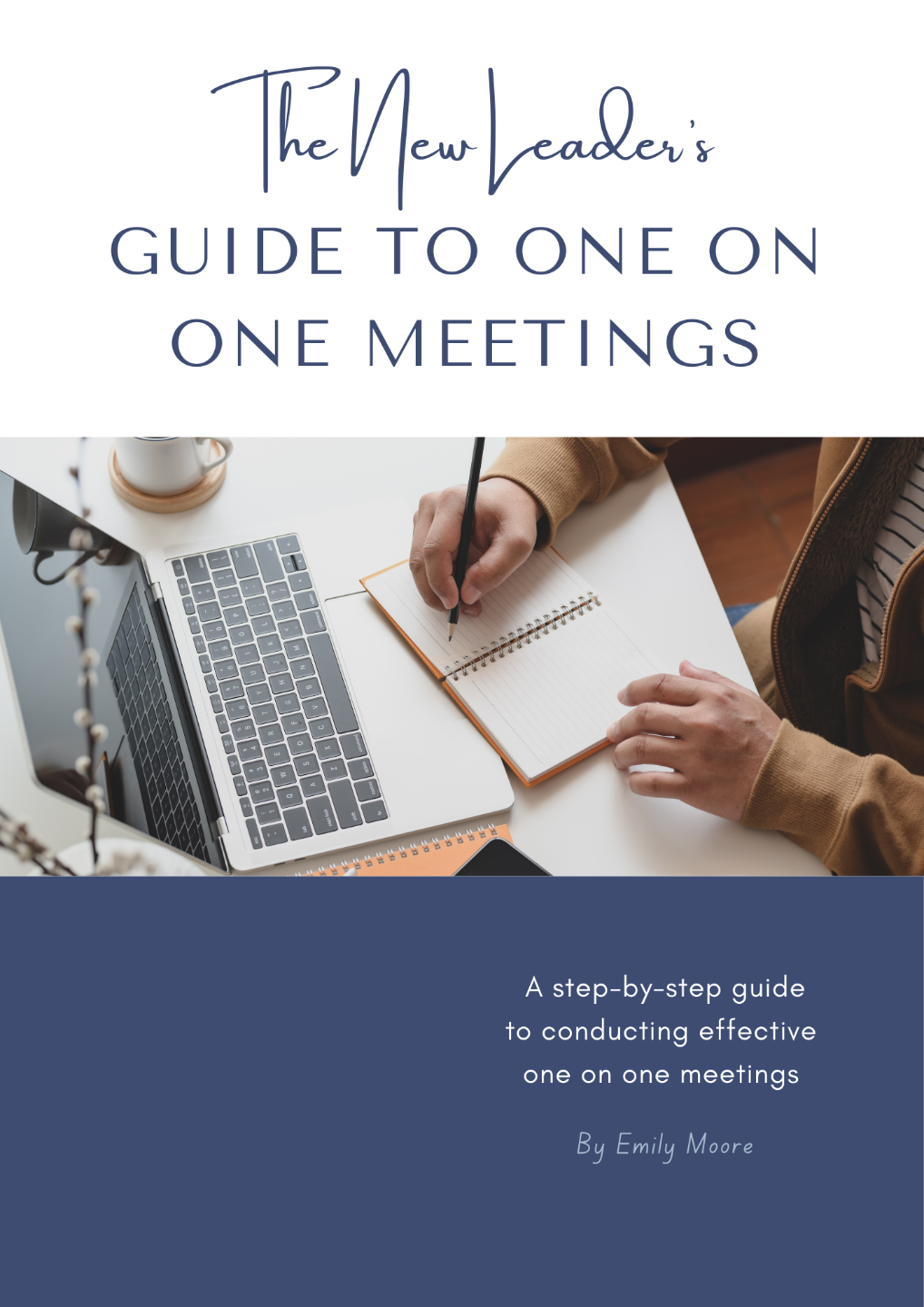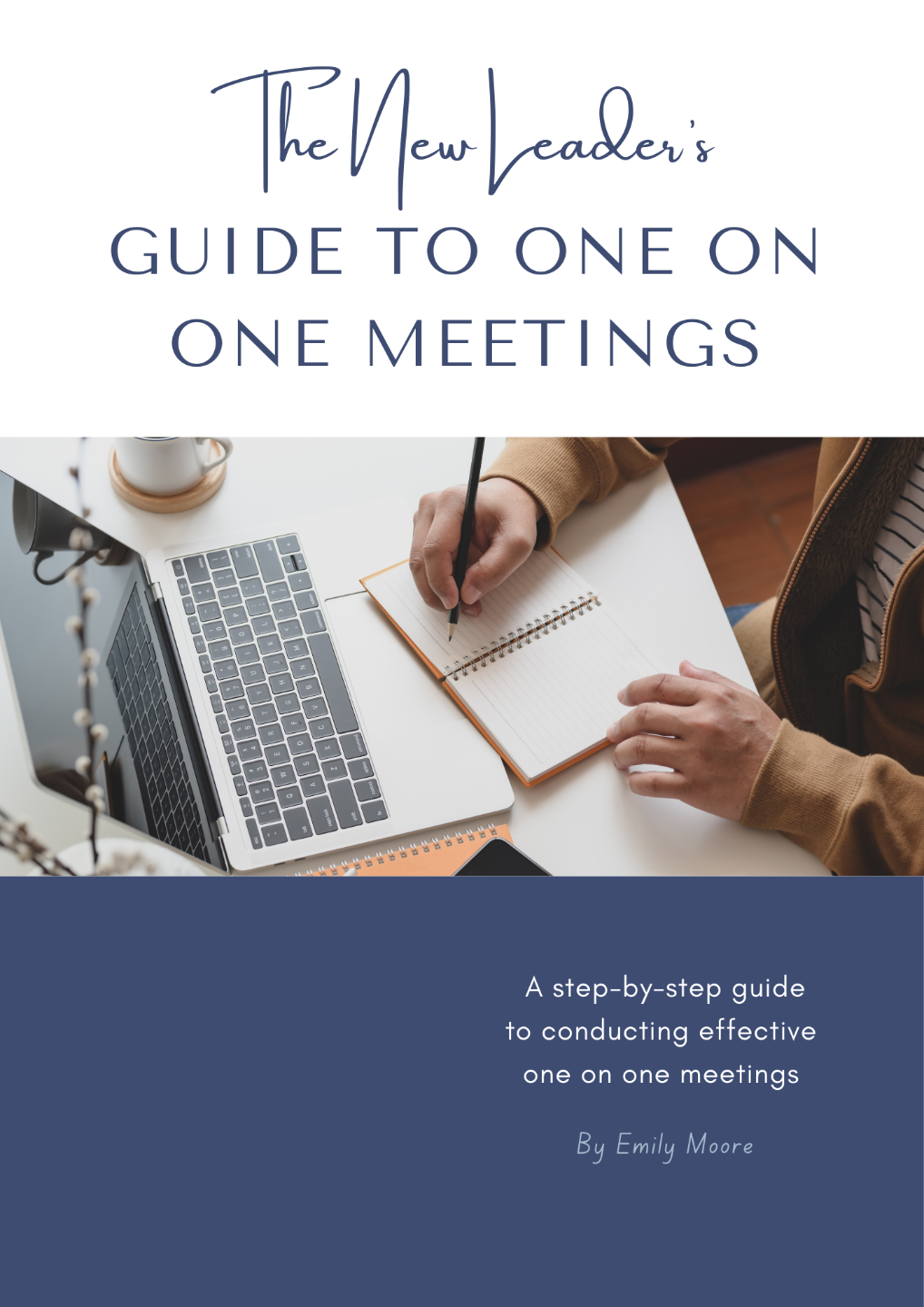
Soft Skills Spotlight on Self-Awareness
Dec 24, 2024
This is the latest post in a series called Soft Skills Spotlight,
where I’ll highlight the what, why and how of one of the many essential soft skills
that go hand-in-hand with being a leader. Check out my previous Soft Skills Spotlight posts on
This week’s soft skills spotlight is on…Self Awareness
So, what is a self-awareness?
At its core, self-awareness is having an understanding of how your thoughts, emotions, and triggers affect your decisions, your behaviours, and how you’re perceived. And as a result, affect the people around you (in this case, your team).
And this goes a little deeper than your ability to recognize and acknowledge you’re in a bad mood. Although that can be part of it, we can do a little better than that.
When you have true self-awareness, you know what your strengths are and when to lean into them. You know what your weaknesses and blind spots are and when to ask for help or delegate. You know how your thoughts and feelings directly influence the decisions you make and the way you lead, and how this impacts your team.
And you know all of this because you are continually looking inward and asking yourself the tough questions. Self reflection doesn’t scare you!
Why do new leaders need self-awareness?
I remember not really understanding what self-awareness was or realizing its significance…until I met someone who had none. At that point, it became painfully obvious just how important self-awareness is.
Now, factor that into the situation of being a new manager—a situation that can definitely stir up emotions from all ends of the spectrum. Throw in a little stress, mix in some pressure and overwhelm… I can’t think of a better time to develop and lean on self-awareness.
How well you manage yourself can make or break how well you manage others. Your emotions, reactions, behaviours, and, of course, the decisions you make all play a major role in the life of your team. In no uncertain terms, you have a major influence on the environment, culture, and morale of your team.
When you understand your emotions, you’re more likely to make balanced, thoughtful decisions. When you understand your behaviours and how you’re perceived, you’re more likely to build trust and strengthen relationships with your team. When you understand your triggers, you can begin to manage them and become more resilient under pressure.
Tips to Improve your self-awareness
Practice Self-Reflection Regularly
Whether you prefer journaling daily, reflecting at the end of the week, or a combination of both, taking time to pause and think about the events that occurred and how you handled them can provide valuable insights. Quick check-ins with yourself can help you course-correct your emotions before they spill over into your interactions with your team. Be really honest with yourself and ask yourself questions like:
- What went well today?
- What could I have done differently?
- How did my mood or actions affect my team?
- Why did I react the way I did to ___________ (situation or person)?
Ask for Feedback
Asking for feedback is not only an incredibly useful tool for personal development, but also a very effective way of improving self-awareness. Ask for regular feedback from trusted sources, from both people on your team that report to you, peers, and managers/executives above you.
Pro tip: Don’t take feedback personally—actually use it as a growth tool!
Notice Your Triggers
Pay attention to what pushes your buttons. Triggers can show up in your behaviours, actions, and decisions, but also in your body language – watch for a racing heartbeat, clenched jaw, or body tension. Knowing your triggers helps you manage your reactions instead of letting them manage you.
When it comes to actually managing your triggers, find coping strategies that work for you. Practice setting healthy boundaries, counting to ten, stepping away to calm yourself or gain clarity and perspective can all be useful tools to help you manage your emotions.
Don’t stress about being perfect right away.
It’s true what they say, practice makes perfect. And the same can be said for working on your soft skills to become an effective leader.
Practicing mindfulness and becoming more aware of your thoughts and emotions throughout the day can go a long way toward helping you become a well-rounded and self-aware leader. Having self-awareness as a leader can make your life—and the lives of your team—a whole lot easier.
So, do you think have a good amount of self-awareness? Or do you think you have some work to do?
Let me know in the comments below!
Happy Leading!
Emily



